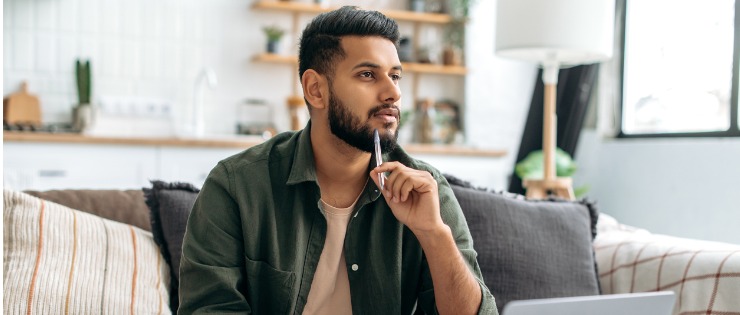
Do you remember learning to drive a car? You may fumbled around for the controls, checked every mirror, made sure your foot was on the brake pedal, then ever-so-slowly rolled your car forward.
Fast forward to now and you’re probably driving places and thinking, “how did I get here? I don’t remember the drive”. The task of driving, which used to take a lot of mental energy and concentration, has now become subconscious, automatic – habitual.
But how – and why – do you go from concentrating on a task to making it automatic?
Habits are there to help us cope
We live in a vibrant, complex and transient world where we constantly face a barrage of information competing for our attention. For example, our eyes take in over one megabyte of data every second. That’s equivalent to reading 500 pages of information or an entire encyclopedia every minute.
Just one whiff of a familiar smell can trigger a memory from childhood in less than a millisecond, and our skin contains up to 4 million receptors that provide us with important information about temperature, pressure, texture, and pain. And if that wasn’t enough data to process, we make thousands of decisions every single day.
Because we simply cannot process all the incoming data, our brains create habits – automations of the behaviours and actions we often repeat.
Two brain systems
There are two forces that govern our behaviour: intention and habit. In simple terms, our brain has dual processing systems, sort of like a computer with two processors.
Performing a behaviour for the first time requires intention, attention and planning – even if plans are made only moments before the action is performed. This takes place in the logical part of your brain, or your “reflective” system (intention).
When we repeat a behaviour in a consistent context, our brain recognises the patterns and moves the control of that behaviour from intention to habit (this is your brains “impulsive” system). A habit occurs when your impulse towards doing something is automatically initiated because you encounter a setting in which you’ve done the same thing in the past.
Shortcuts of the mind
Because habits sit in the impulsive part of our brain, they don’t require much cognitive input or mental to be performed.
In other words, habits are the mind’s shortcuts, allowing us to successfully engage in our daily life while reserving our reasoning and executive functioning capacities for other thoughts and actions.
Your brain remembers how to drive a car because it’s something you’ve done many times before. Forming habits is, therefore, a natural process that contributes to energy preservation
That way, your brain doesn’t have to consciously think about your every move and is free to consider other things – like what to make for dinner, or where to go on your next holiday.